At-Will Employment
Courts recognize claims for breach of implied contract based on an oral or written promise, but only if there is an express reference in the statement to a period of employment and the benefits associated with the employment. In addition, absent language in an employee manual expressly providing that the manual constitutes a separate employment agreement, policy statements do not constitute the terms of an employment contract.
For comprehensive training on maintaining at-will employment, visit EmployerESource and explore our training webinars. These resources offer valuable information for business owners and managers seeking to stay informed and compliant.
For any questions about at-will employment and how to preserve this relationship, please contact EmployerESource. We’re here to provide expert guidance and support.
Break and Meal Period
Florida does not have specific laws regarding meal periods and breaks. While federal law does not mandate meal periods or breaks, it does require that employees be paid for any break under 20 minutes. Meal periods or breaks lasting 30 minutes or more do not require payment.
Review your employee handbook to ensure your practices comply with these regulations.
If you have any questions or need assistance, please contact EmployerESource. We’re here to provide guidance and help ensure your practices remain compliant.
Deductions From Pay
Florida law does not specifically regulate payroll deductions, meaning employers can generally withhold wages for cash shortages, damaged property, uniforms, tools, and other work-related costs. However, under federal law, deductions cannot reduce an employee’s pay below the federal minimum wage for the pay period.
To ensure compliance and proper documentation, contact EmployerESource to purchase a payroll deduction form and get expert guidance on payroll regulations. Have questions about payroll deductions? Reach out to EmployerESource today!
Employee Seats
Florida employers in mercantile or other business settings must provide suitable seating—such as chairs, stools, or sliding seats—for employees who are required to stand or walk during their duties. These seats must be available for reasonable use when employees are not actively engaged in their tasks and when doing so does not interfere with business operations.
Ensure your business remains compliant with employment regulations. Contact EmployerESource today for expert guidance on this law and to obtain state-specific employment policies tailored to your business needs.
Garnishments of Pay
Employers handling income deductions for support obligations may collect up to $5 from the obligor’s income to cover administrative costs for the first deduction and up to $2 for each subsequent deduction.
The details of these requirements are outlined in your Garnishments of Pay policy.
For any questions or assistance regarding this policy, please contact EmployerESource. We’re here to ensure your policies remain compliant and clear.
Noncompete Agreements
Florida law permits noncompete agreements, but they are strictly construed against enforcement and must meet specific requirements. Agreements must be in writing, reasonable in duration, geographic scope, and business line, and necessary to protect legitimate business interests. Courts generally presume that restrictions of six months or less are reasonable, while those exceeding two years are unreasonable.
To ensure your noncompete agreements comply with Florida law, contact EmployerESource for expert guidance and professionally crafted employment documents.
Overtime
A legal day’s work is defined as 10 hours for employees performing manual labor unless a written contract specifies a different daily work requirement. If no such agreement exists, employees must receive extra pay for any labor exceeding 10 hours per day when required by their employer.
Ensure your company remains compliant with labor laws. Contact EmployerESource for expert guidance on wage and hour regulations and to develop legally sound employment policies tailored to your business needs.
Pre-Employment Background Checks
Florida law allows employers to require job applications that ask about criminal convictions and civil actions for intentional torts, conduct driver’s license record checks (with written authorization), and perform interviews as part of the hiring process. To fulfill criminal background check requirements, employers must request records from the Florida Crime Information Center (FCIC).
Ensure your hiring process complies with Florida law and protects your business. Contact EmployerESource to purchase a legally compliant employment application form and get expert guidance on background check requirements.
Weapons
Employers cannot prohibit employees, customers, or visitors from keeping a lawfully owned firearm locked inside their private vehicle while in a parking lot. Additionally, employers are not allowed to inquire about or search for firearms in these vehicles, nor can they take action against individuals based on firearm possession. Only on-duty law enforcement may conduct a vehicle search under due process.
Understanding firearm policies is essential for protecting both employee rights and employer liability. Ensure your business remains compliant with all state and federal laws by purchasing a customized employee handbook from EmployerESource today.

